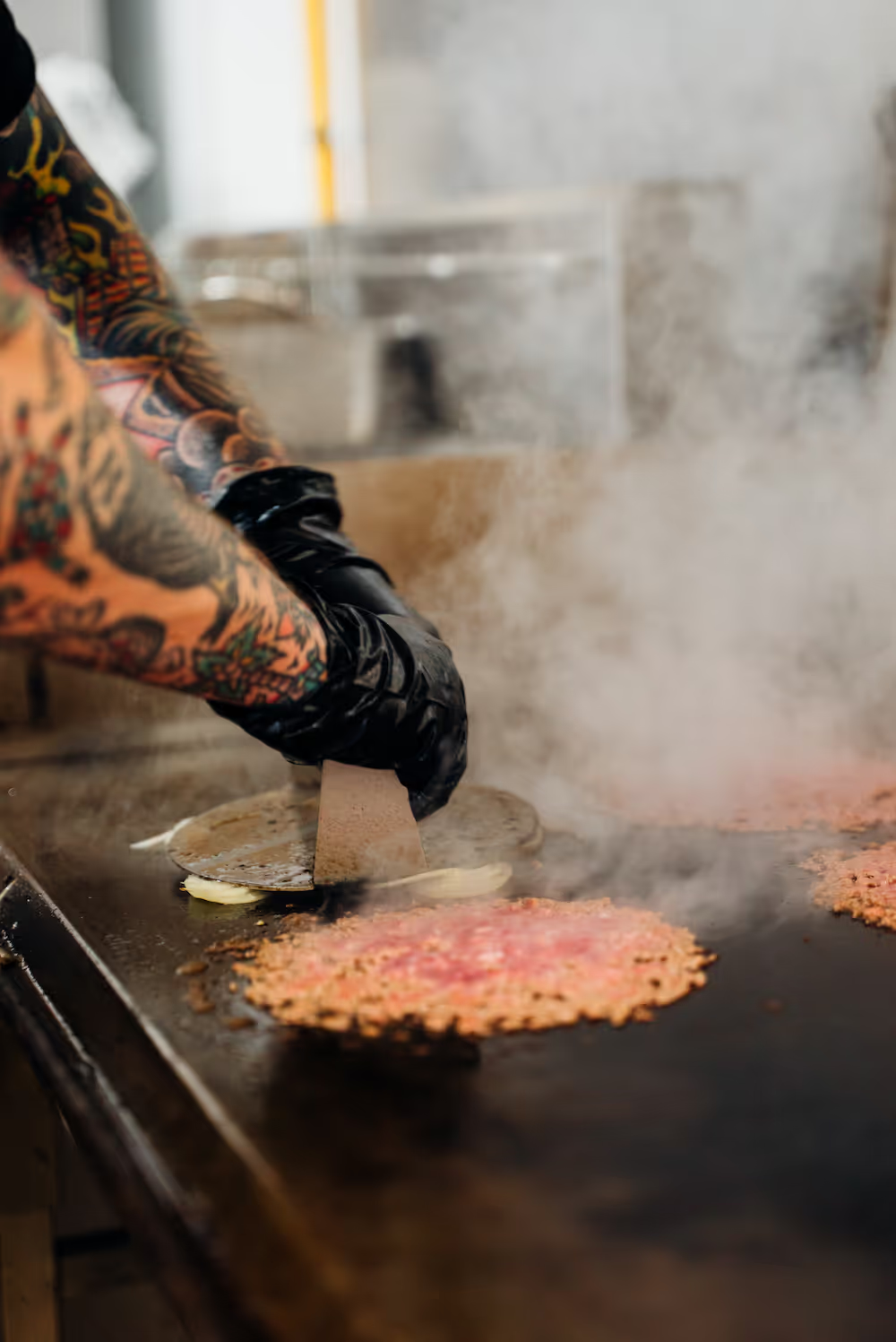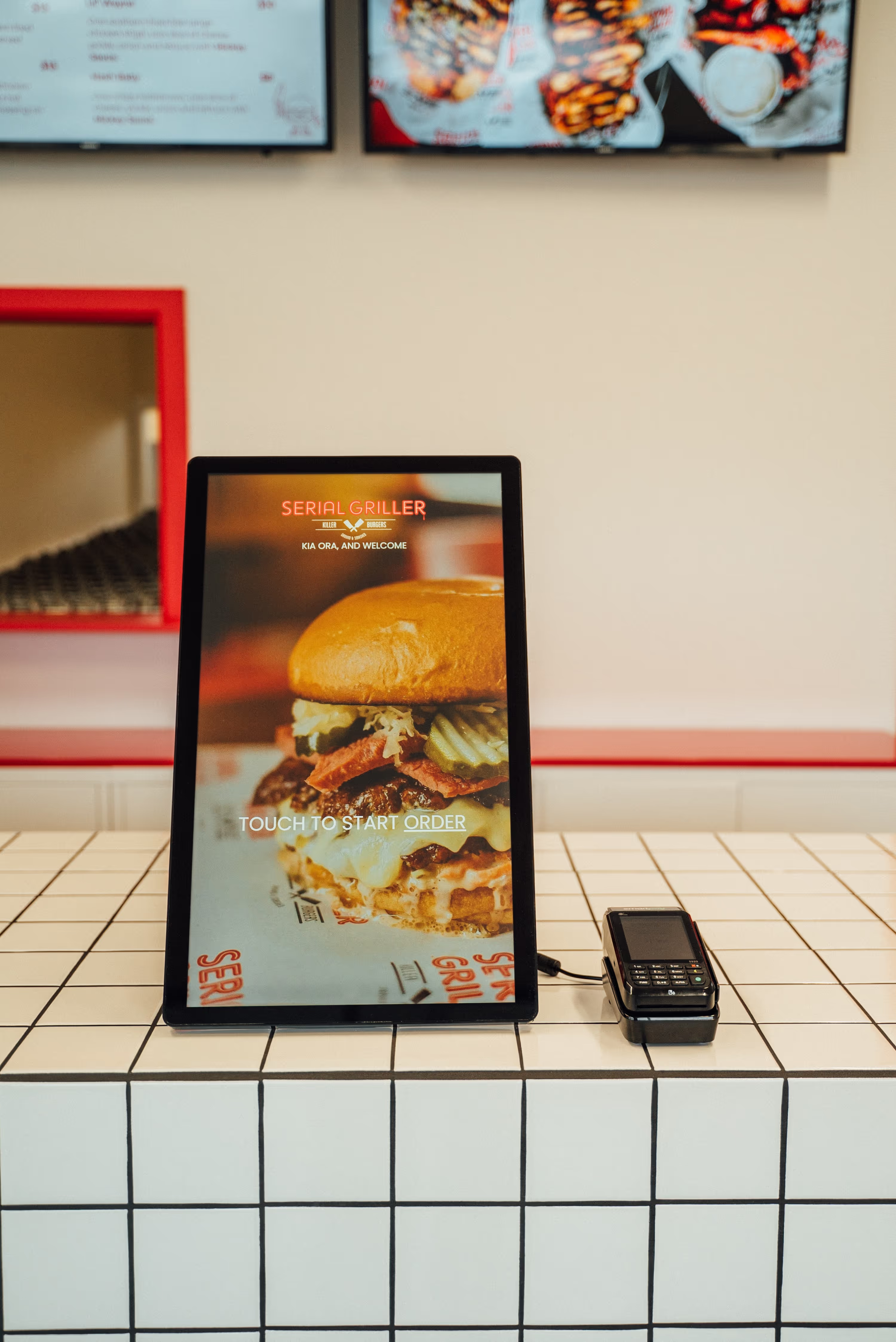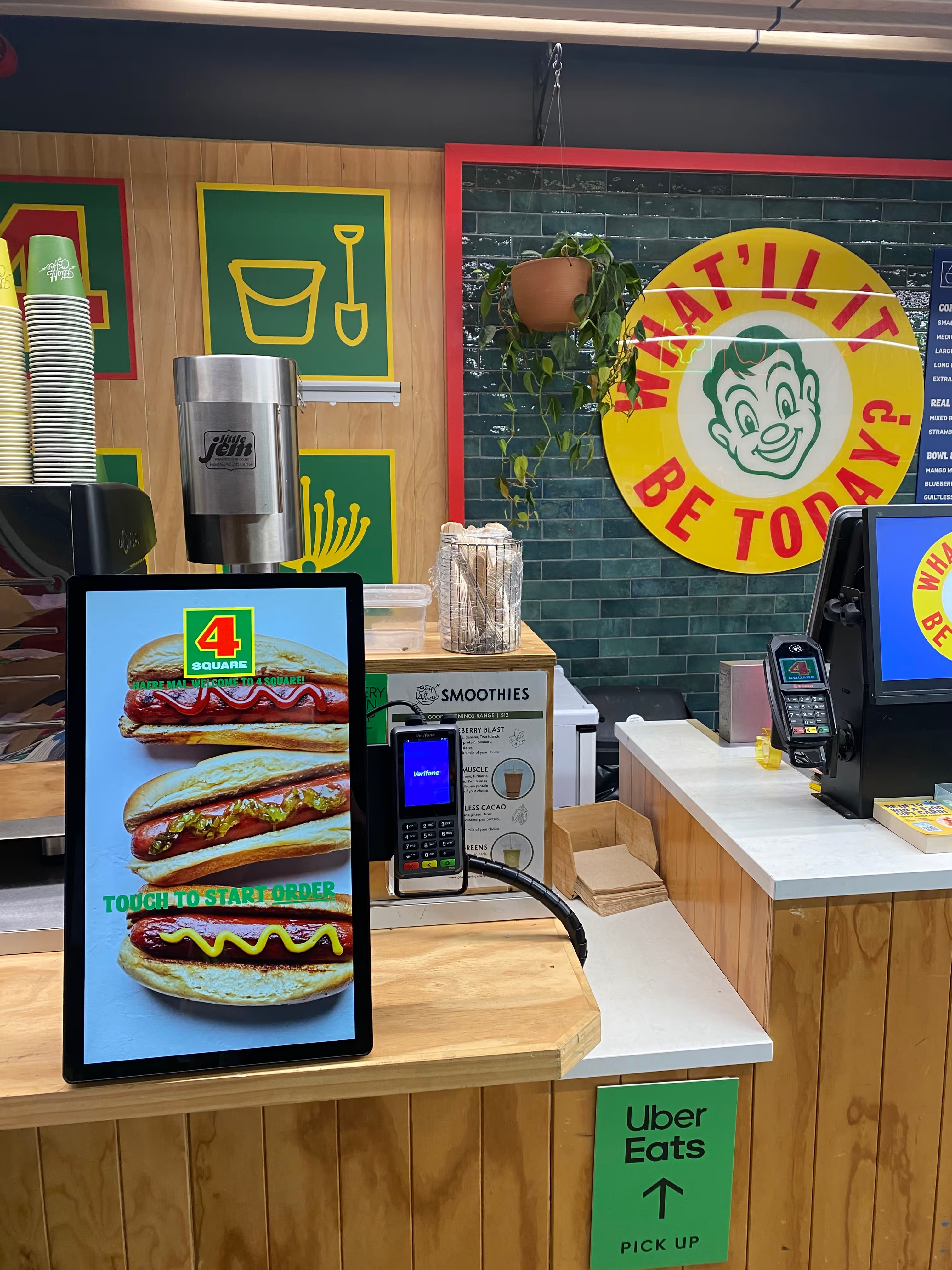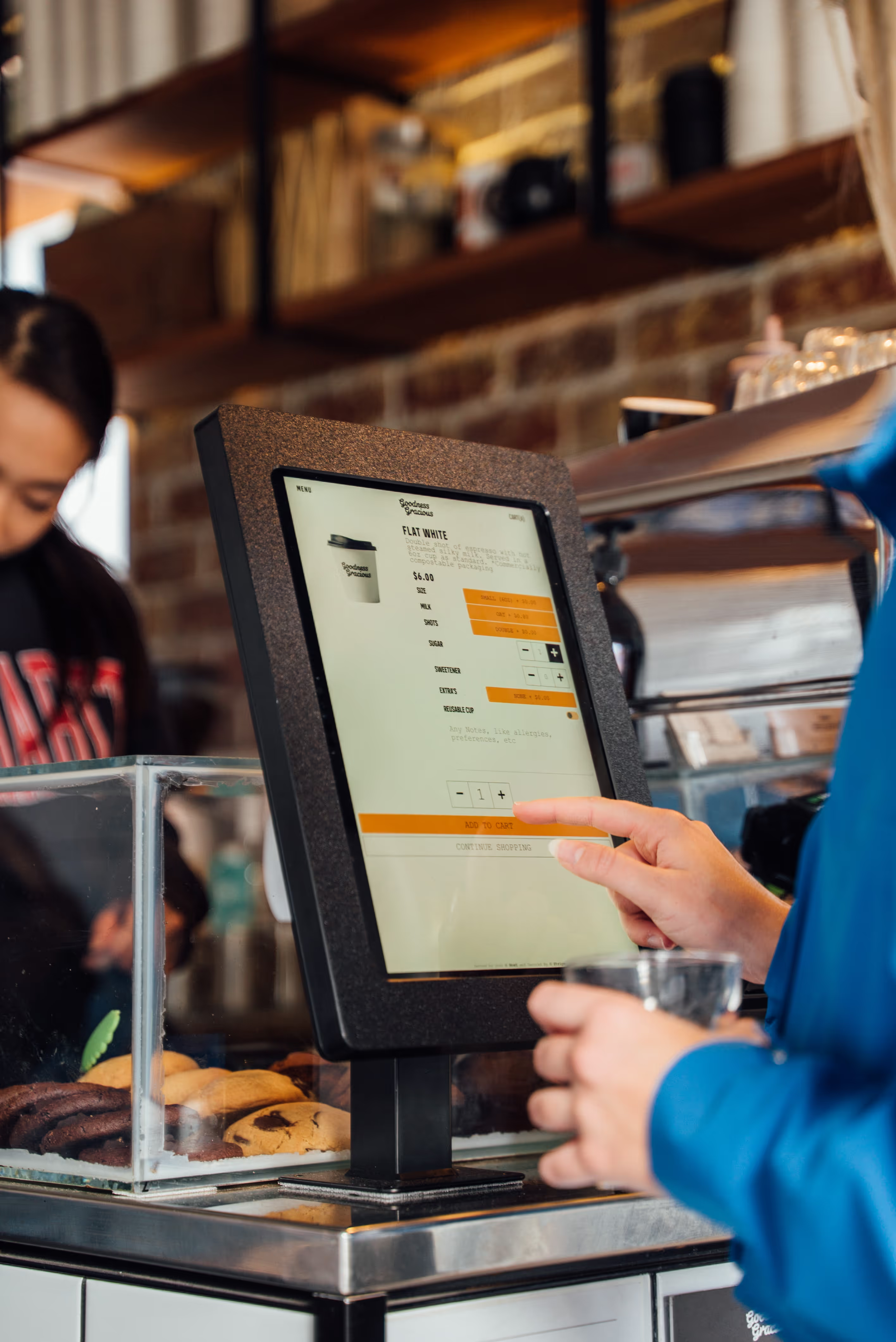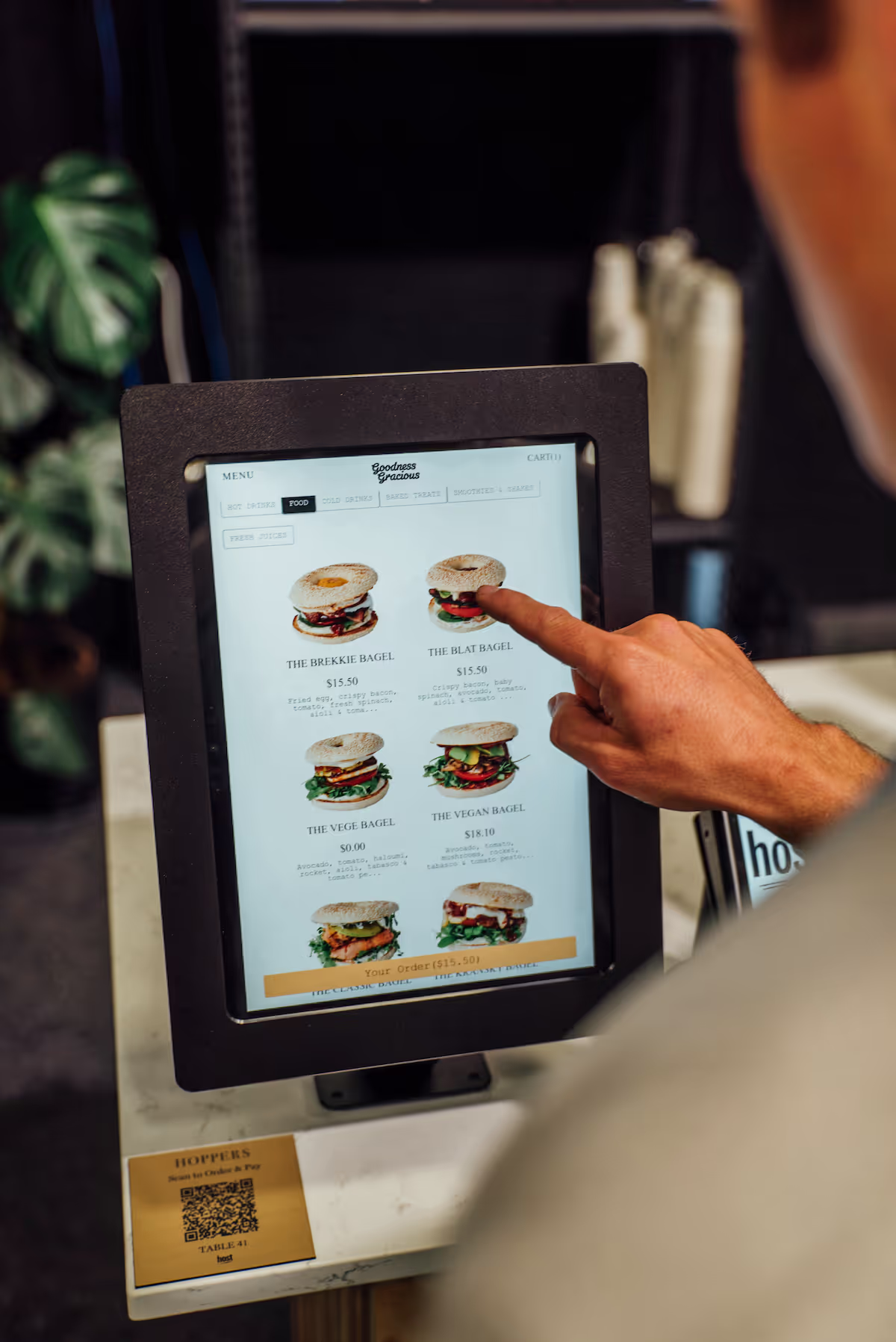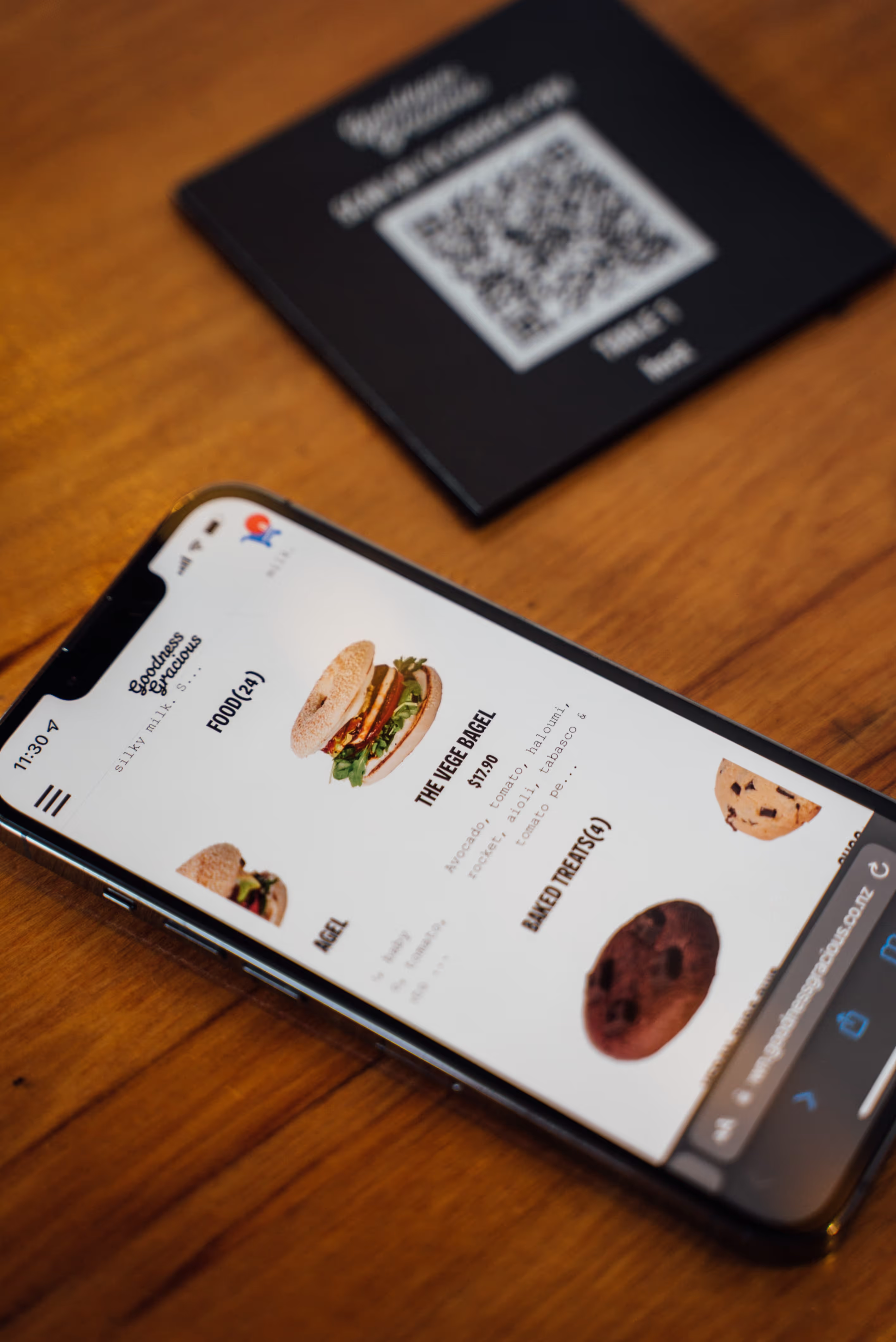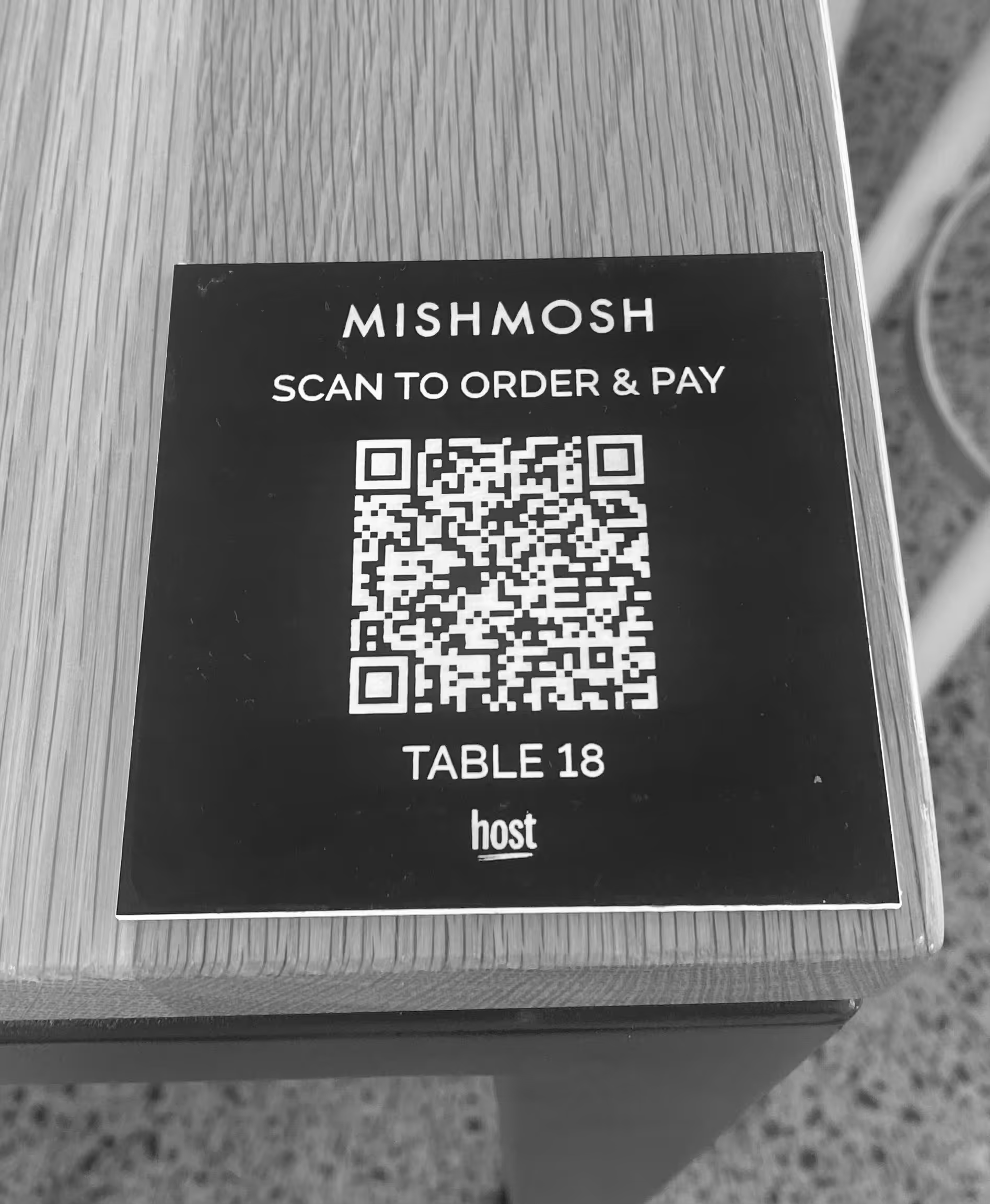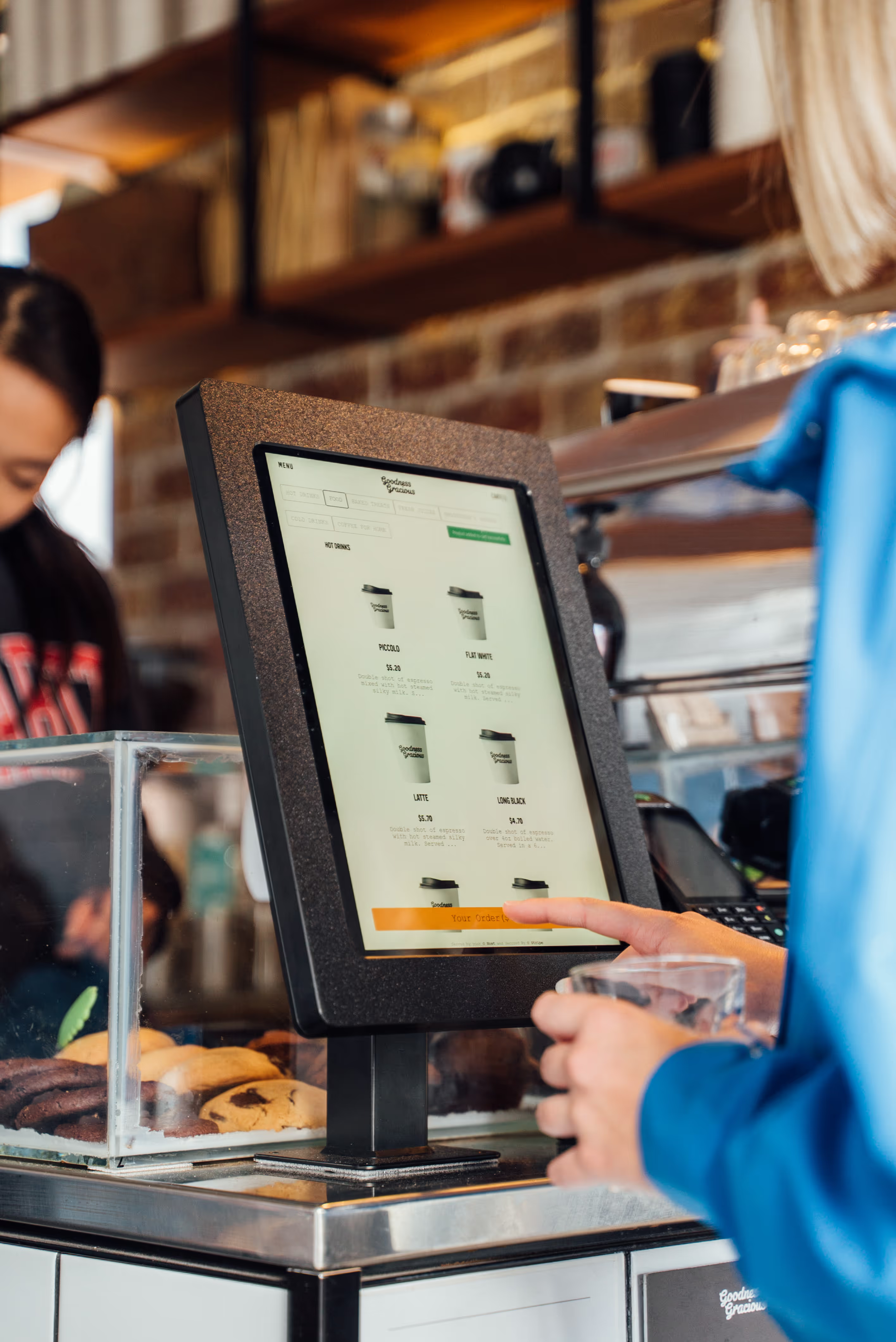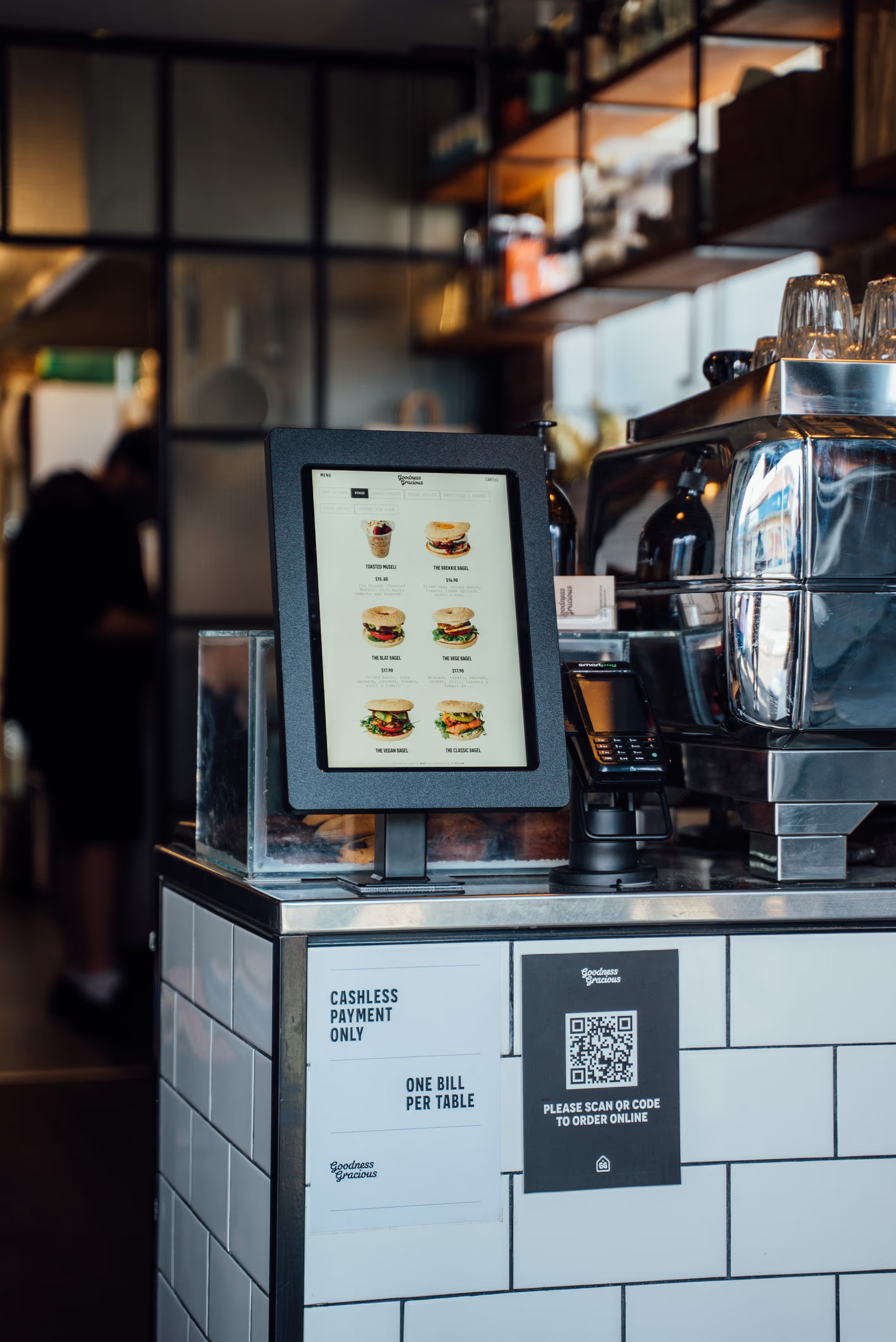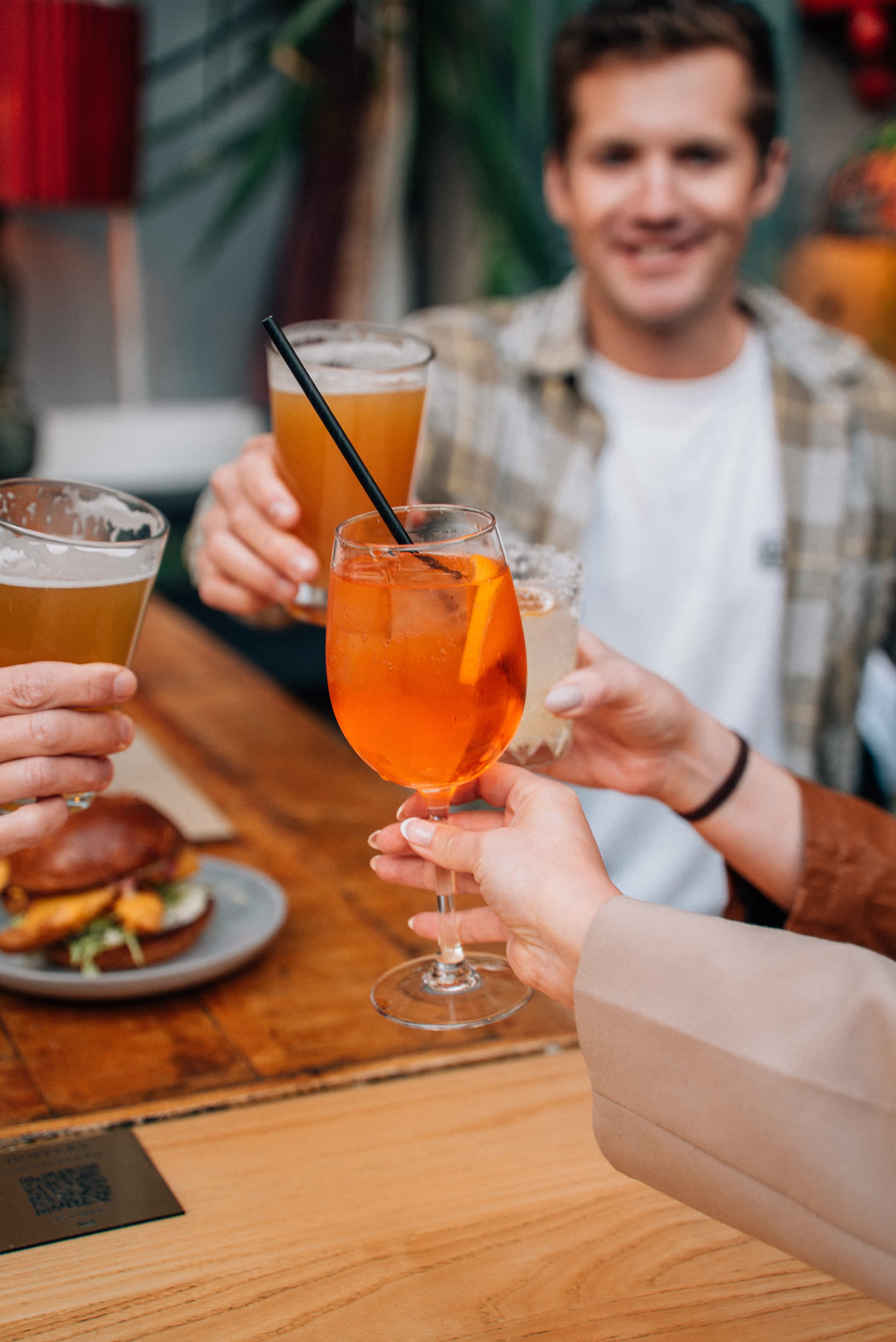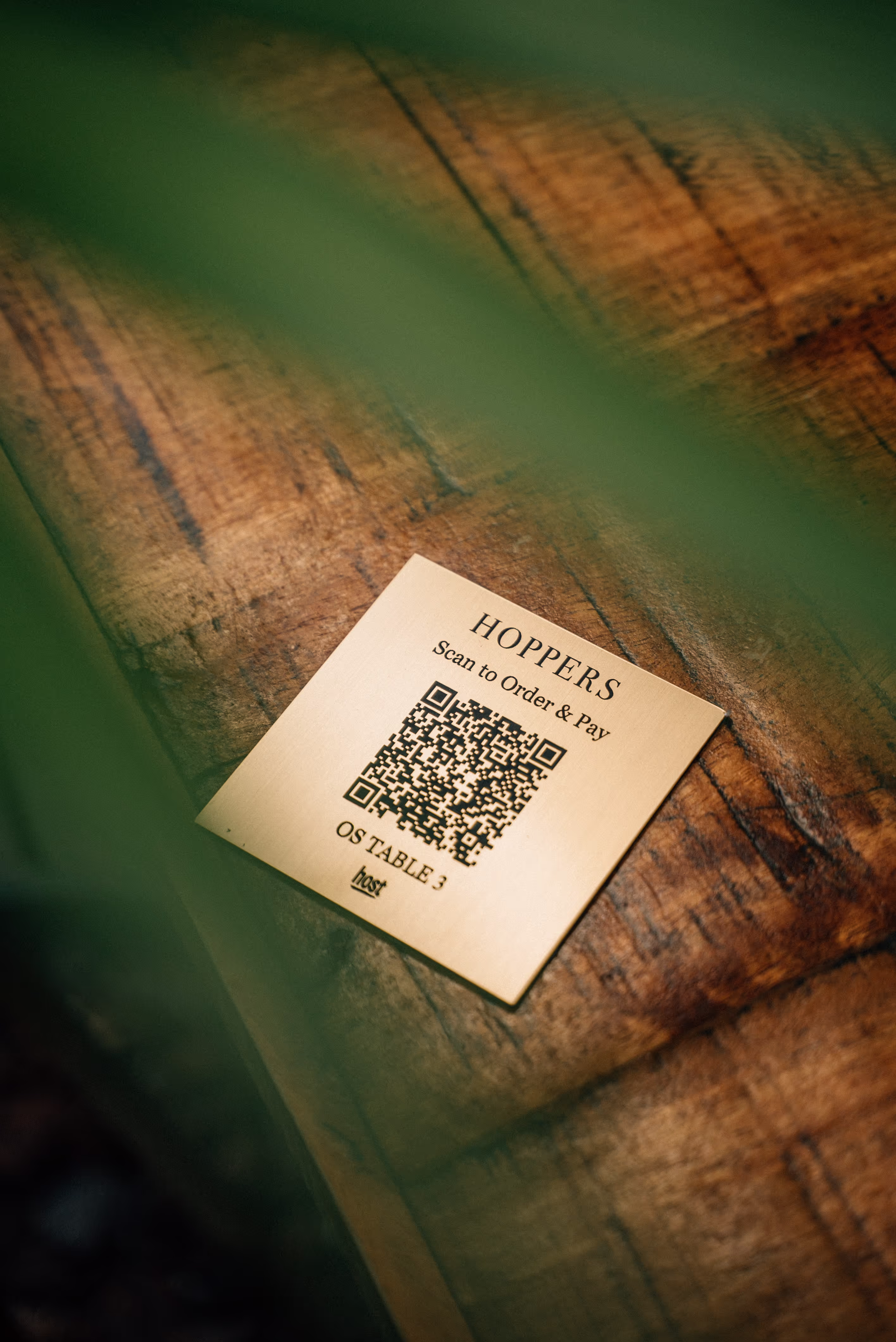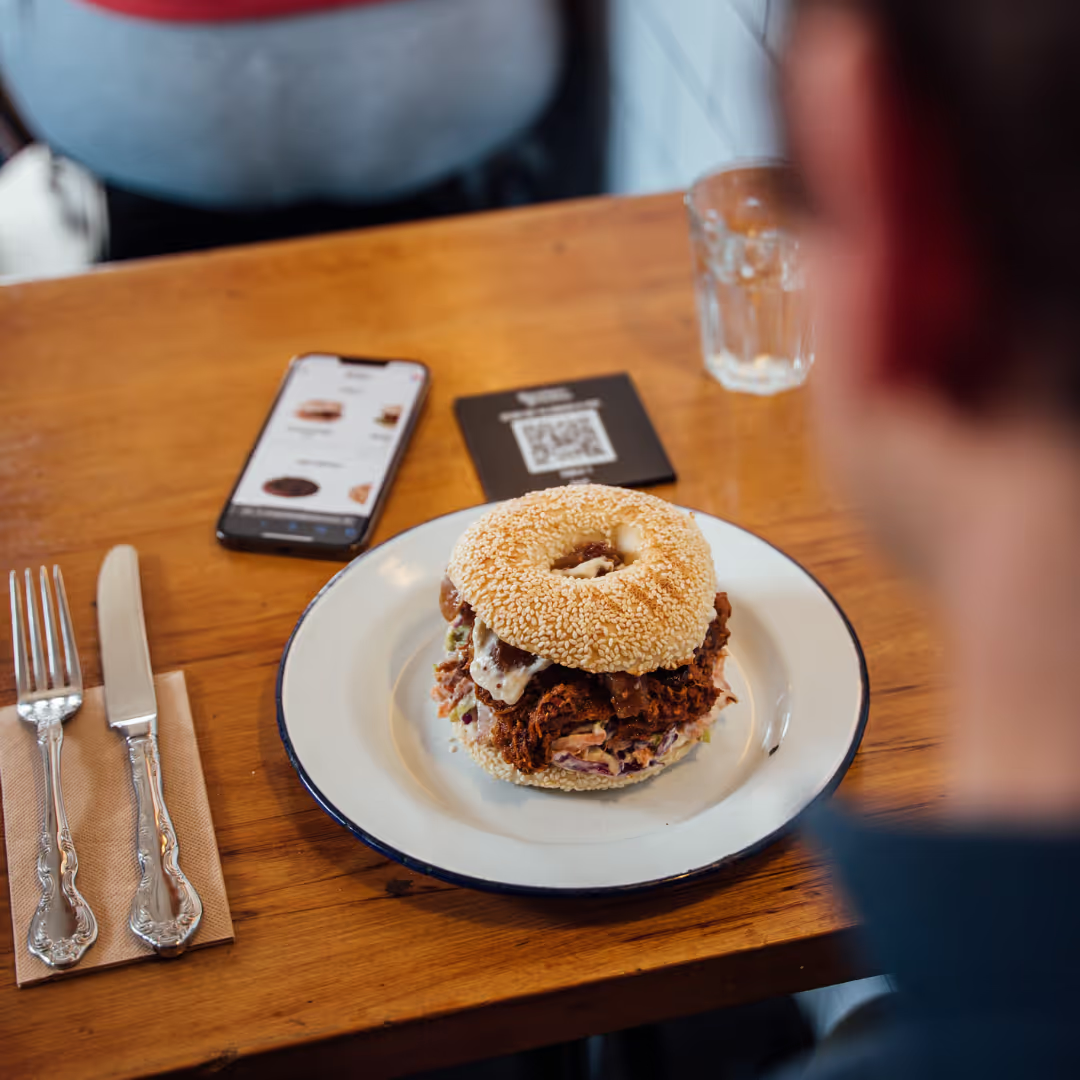
Adapting to digital sales and the new methods of working
The operating environment for hospitality is in constant change. New technology is transforming the way customers interact with a business, influencing their spending and shopping habits, saving both the business and consumer time and money. So why in hospitality, have such a large proportion of the industry avoided digital solutions that can have a positive impact on the bottom line?
The ‘new normal’
While New Zealand enjoyed a relatively restriction free summer, the recent Auckland community cases have been a humble reminder that the impact from Covid-19 is far from over. With hospitality now wearing the brunt of alert level restrictions, it provides an opportunity to look ahead and prepare for the new normal.
Laying down the facts can start to shape the thought process; Covid-19 disruptions will continue to be a risk that businesses need to manage for some time, consumers preference to interact digitally is growing exponentially, dark kitchens and food trucks are changing the dining landscape and sustainable and ethical practices are influencing consumer behaviour. All of these factors will affect future buyer behaviour and adapting to new methods of serving customers will be critical for long term survival. We live in the digital age where an online presence is no longer a nice to have, it is a minimum for most organisations and must be considered early by owners.
Identifying the right technology partners
Technology makes our lives easier – it brings a world of information and services to our fingertips and allows us to do things faster and easier than we have ever done before. If there are areas in your business that feel inefficient or add little value, there is a software solution that will provide a level of automation to improve the process.
The fundamental question is does that solution align with your long term strategic goals? Is it worth pulling the trigger on the transition today to reap the benefits of automation and innovation tomorrow? Running your numbers on how much time and money a software solution will save will provide clarity on whether it is the right technology for you, or not. Bearing in mind that cost should be only one factor that influences your technology choices; user experience, customer care, marketing support, integration with other systems, usability and reporting capability to name a few others that should be considered.
New Zealand is a wonderful little tech hub, attractive to heavy hitters such as Google and Facebook for our tendency to be early adopters to technology. For this reason NZ is full of amazing home-grown starts ups that continue to improve the consumer experience - from stock management platforms to highly powerful reporting tools that can be used to optimise your systems. Taking phone orders is a great example of a manual process which can be replaced with an online ordering system which saves time for both staff and the consumer. If you currently handled 20 phone orders per day, averaging one minute per call, multiply by six trading days, that’s two hours per week or eight hours per month. At the living wage rate, that’s almost $200 per month saved in wage costs.
Digital ordering reduces the disruption
Enabling your customers to access your products and services online through your website, custom branded mobile app or via third party delivery apps will increase the revenue through your door. By providing multiple ways for your customers to interact with you rather than just your traditional Bricks and Mortar opens yourselves up to a whole new customer demographic – those who want to serve themselves.
The hospitality industry in New Zealand has experienced a divergence from most other industries in recent years in that there were few players with an online offering. That was until Covid-19 hit and face-to-face ordering was no longer an option. This changed the way both consumers and businesses interacted with each other and has driven the adoption of digital ordering across New Zealand.
Auckland based bagelry Goodness Gracious made it part of their business model post-lockdown to educate customers on digital ordering and are realising the benefits each day - “Pre-Covid, our daily online ordering ranged from 2 to 10 percent of turnover. Now in level 1 conditions it ranges from 8 to 15 percent with some days being up 30 percent at individual stores”, Owner Greg Cornes. The large majority of Goodness Gracious customers are tech savvy, active, city folk who are comfortable with ordering online, which makes the disruption of sudden Covid-19 alert level change seamless for both customers and staff.
Admittedly, digital channels are not used by everyone and there will always be customers who are unwilling to convert to online ordering or who don’t have devices. But, in the new operating environment, digital is only going to enhance the way businesses interact with their customers. If your digital business is engaging and provides the best customer experience, you’re making it easy for customers to spend money through your store.
You know your business
we know kiosks and pos
Let's talk about how you can get the most out of a smart Kiosk, POS and online ordering solution

